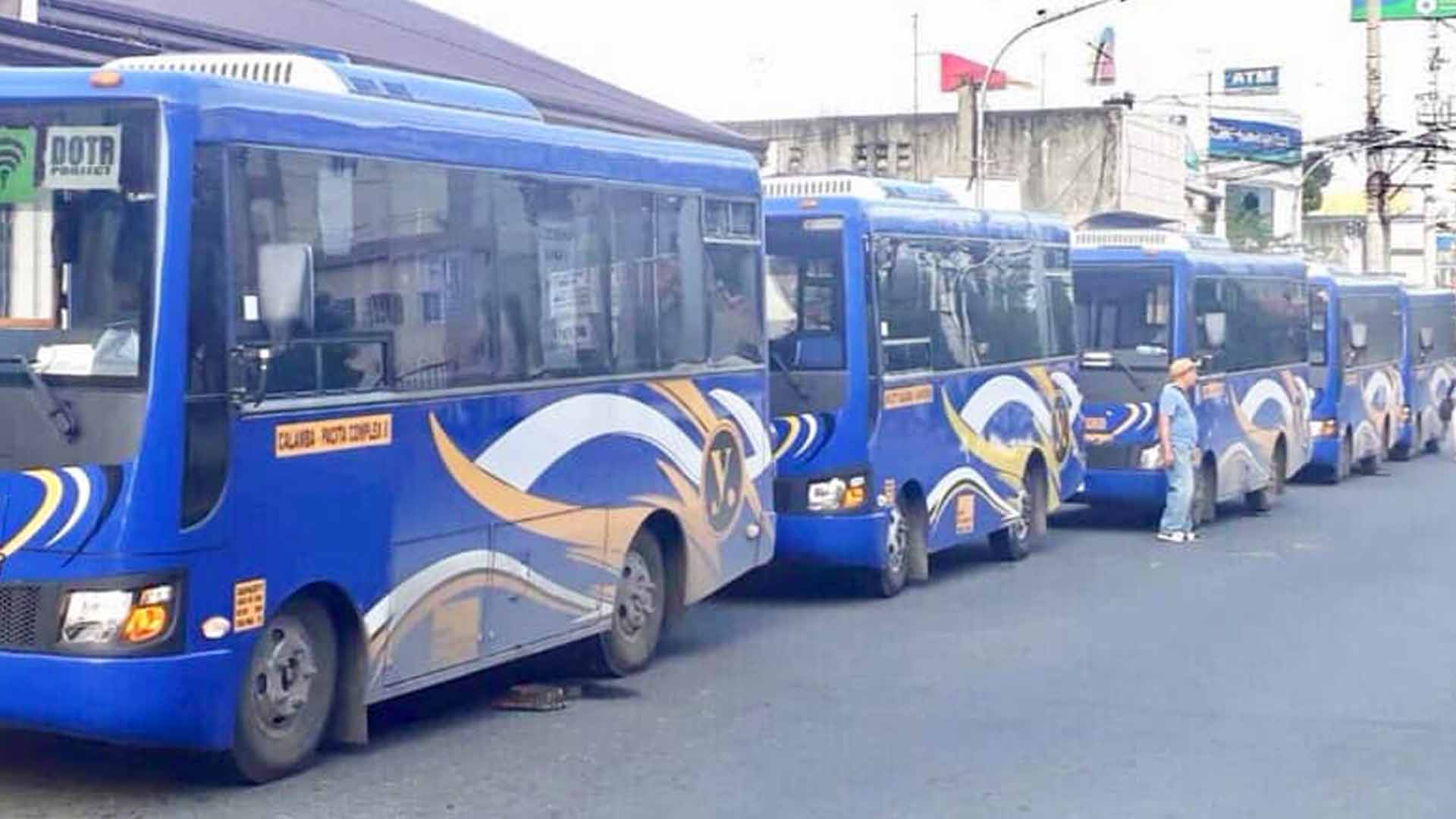Advocacy group National Center for Commuter Safety and Protection (NCCSP) has called on the government and private sectors to invest in Artificial Intelligence (AI)-powered terminal systems to prioritize the safety and protection of commuters and the transport industry in the new normal.
Elvira Medina, Chairperson of the NCCSP, said that safety and protection must be upheld over anything else, especially during such heightened times where the country is reopening almost all business operations and rebuilding the economy from the effects of the COVID-19 pandemic.
“Let us always remember the role of the commuters in nation building. In most countries, commuters are recognized as the most important resource and assets. To risk their lives, safety and well-being is also putting to risk the entire nation, notwithstanding the fact that commuters comprise the 80% of the society,” said Medina.
“Without the commuters, there is no need for mass transport and without transport, commuters cannot push the nation’s economy. Thus, there must be prompt support towards programs that ensure the welfare of the commuting public,” she added.
Amidst discussion on the resumption of public transportation, the NCCSP has been in constant dialogue with several I.T. Experts for the creation of a Virtual City Terminal using AI technology. The project, in coordination with the Department of Transportation (DOTr), will enable the Metro Manila Development Agency (MMDA) to employ an efficient public utility vehicle (PUV) transport dispatch system.
Under the new system, city buses and other modes of modern transportation will be scientifically managed to guarantee continuous availability of public transport vehicles that can regularly ferry commuters safely and efficiently. In line with existing safety protocols, trips may be planned and reserved ahead of time, and cashless transactions will be enforced. All these will be done through a mobile app set to be launched before the full reopening of mass transportation.
Medina added that the Land Transportation Franchising and Regulatory Board (LTFRB), in cooperation with the Land Transportation Office (LTO), will ensure that only roadworthy modern vehicles and city buses can ply the roads. PUVs that passed the 50 standards for roadworthiness under the Motor Vehicle Inspection System (MVIS) of the government will be prioritized.
According to Medina, these programs, along with the Public Utility Vehicle Modernization Program (PUVMP), are necessary to provide safe and convenient travel for all.
“We understand the plight of drivers who operate traditional jeepneys, but they must also understand that our health and safety as commuters must come first. Modern jeepneys who passed the highest standards of roadworthiness—steering wheel, brakes, underchassis, tires, safety equipment like seatbelts, lamps, headlights, and electricals—are in tip-top condition ensuring our safety at all times,” Medina explained.
She cited the 2019 Metro Manila Accident Reporting and Analysis System (MMARAS) of the MMDA which showed a recorded 121,771 road accidents. Of this number, 10,296 accidents involved public utility jeepneys with 40 deaths.
In summary, the MMDA report showed that faulty brakes, misaligned tires, worn-out threads, malfunctioning lights, and absence of speedometer are the main culprits of road accidents.
“As commuters, we entrust our lives to drivers, especially every time we ride public jeepneys. Modern jeepneys are compliant with safety standards so we are assured that we will be able to reach our destination safely,” stressed Medina.
Medina also added that modern jeepneys are ideal for commuters during this pandemic since they are bigger for more effective enforcement of physical distancing and have automatic fare collection system that limits physical contact between commuters and drivers.
“Operators of traditional jeepneys must adapt to our needs as commuters. Since 2016, the Department of Transportation (DOTr) has advised drivers and operators to form cooperatives so they could pool their resources to provide safer public transport for us. It is high time that they adapt to the changes brought by the pandemic because now more than ever, we demand better roadworthy jeepneys as commuters,” Medina concluded.





















